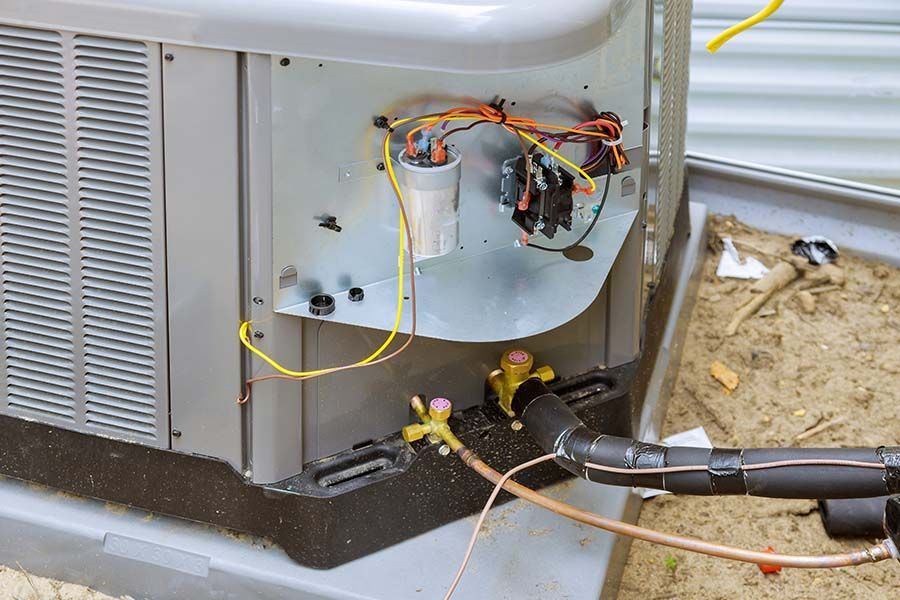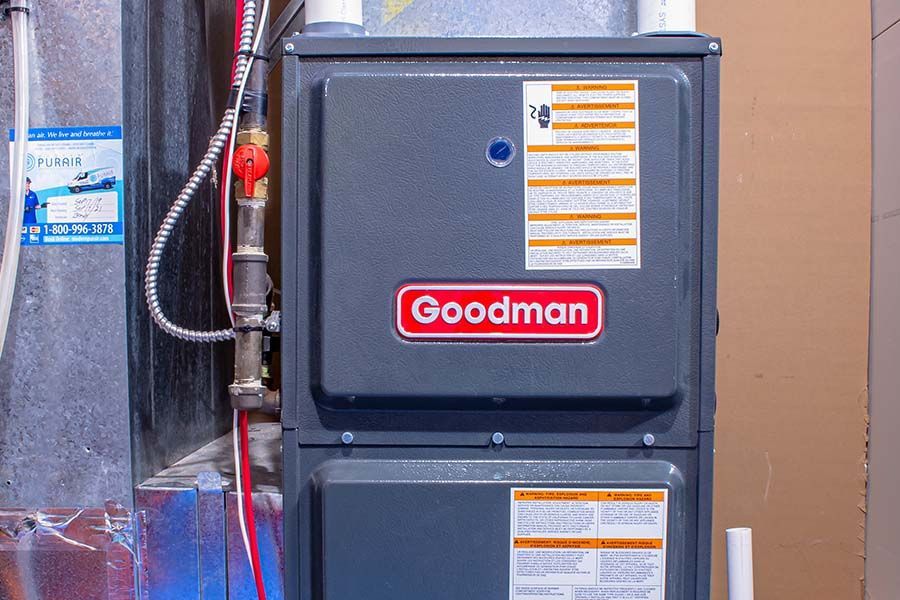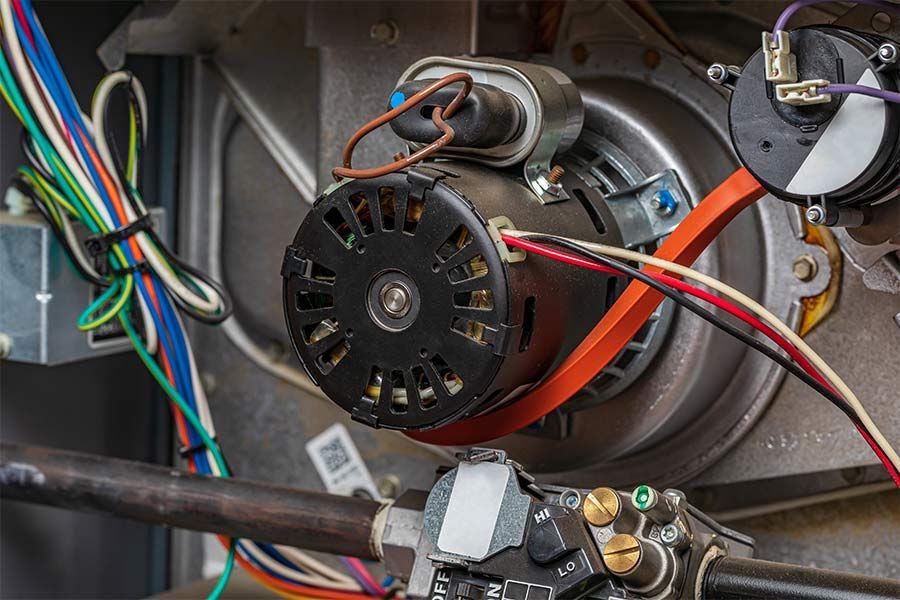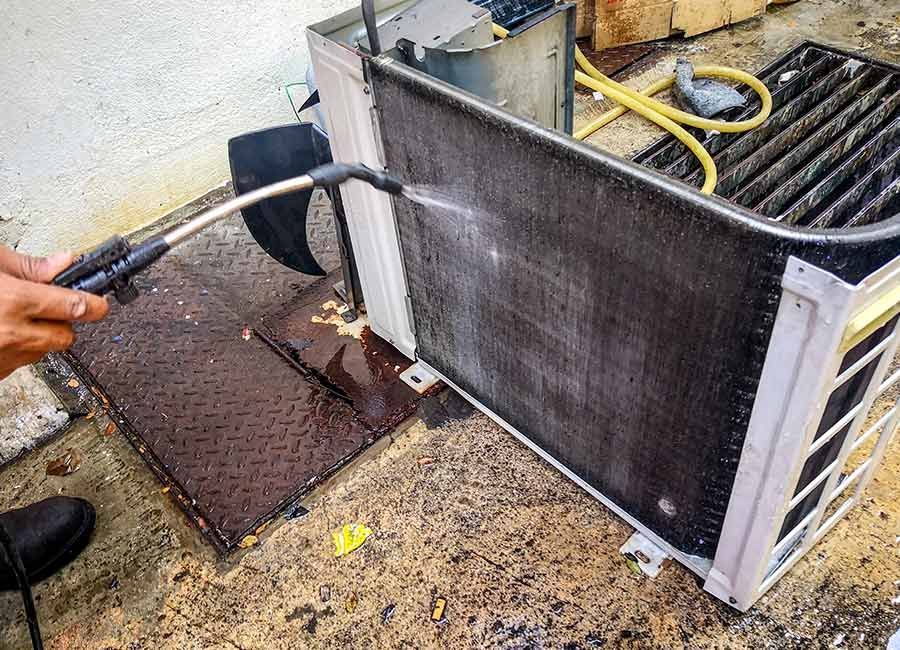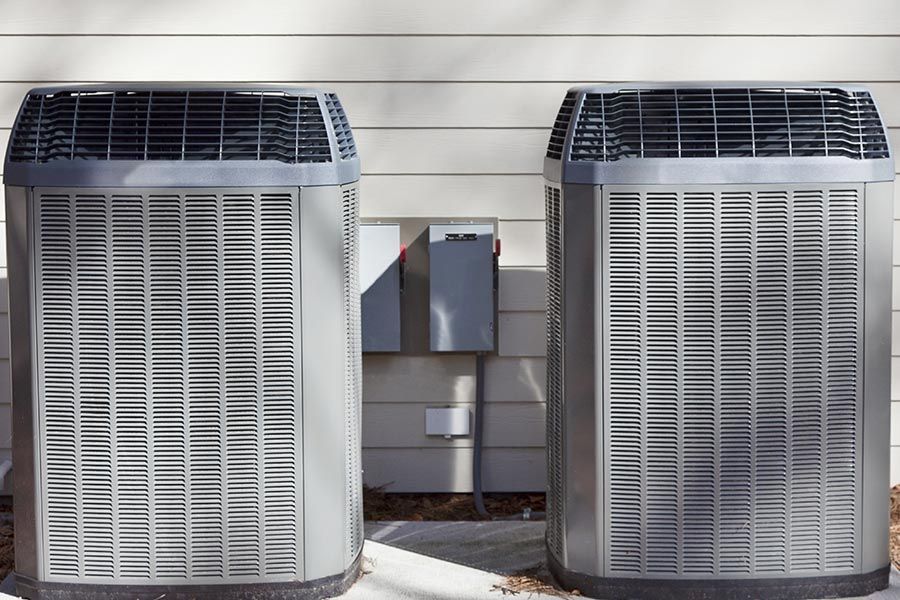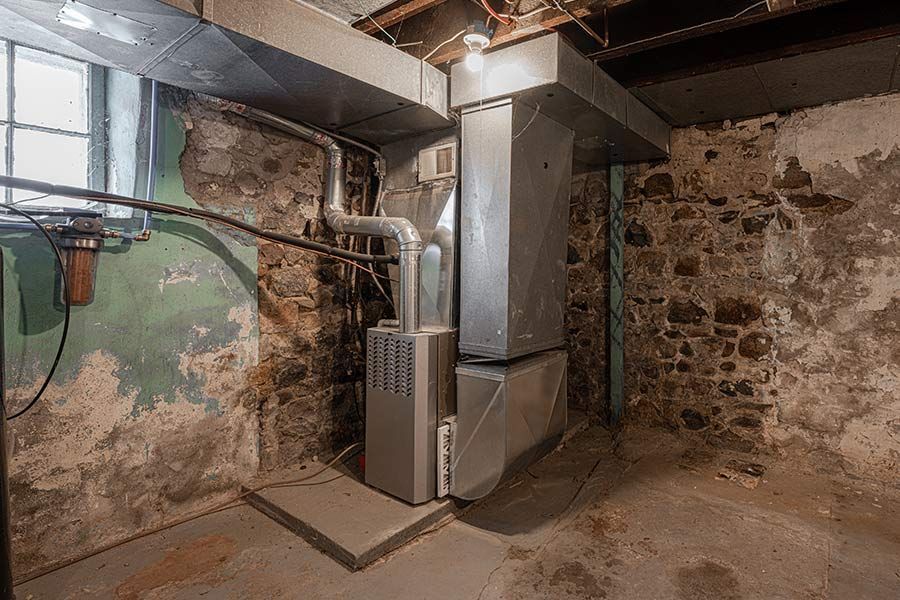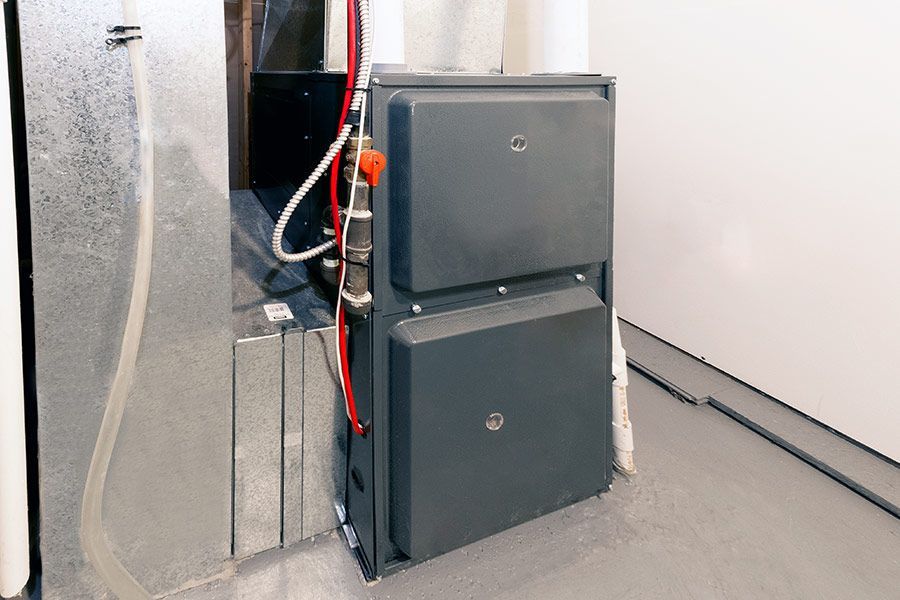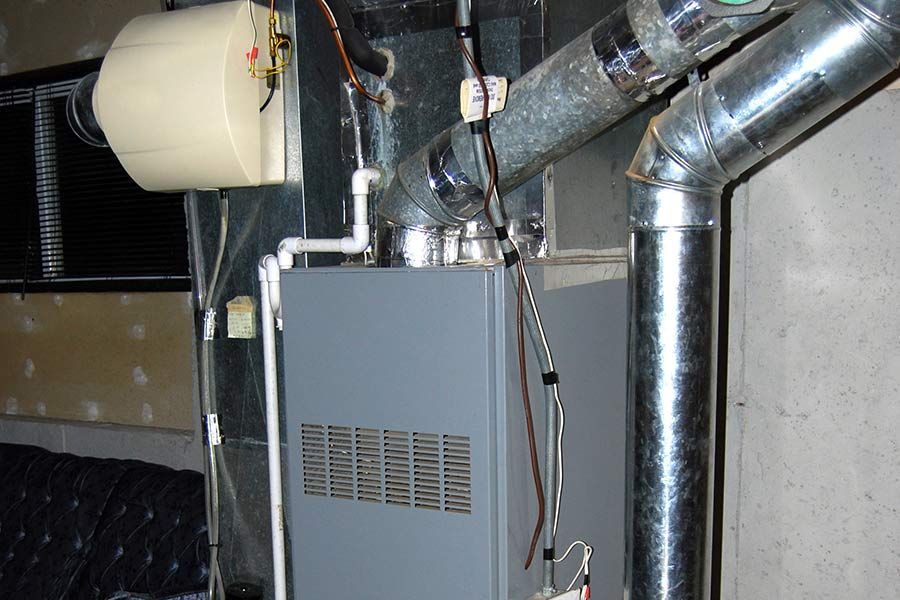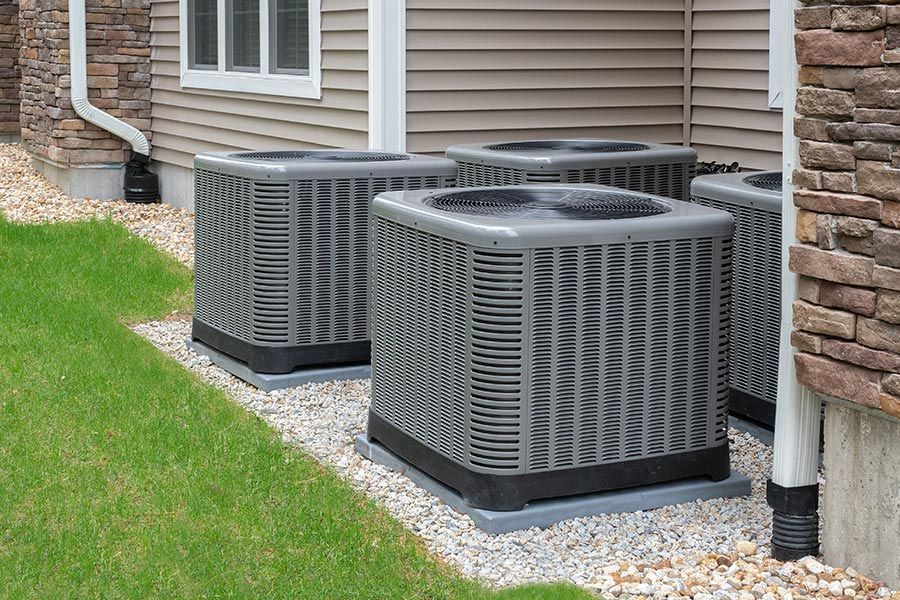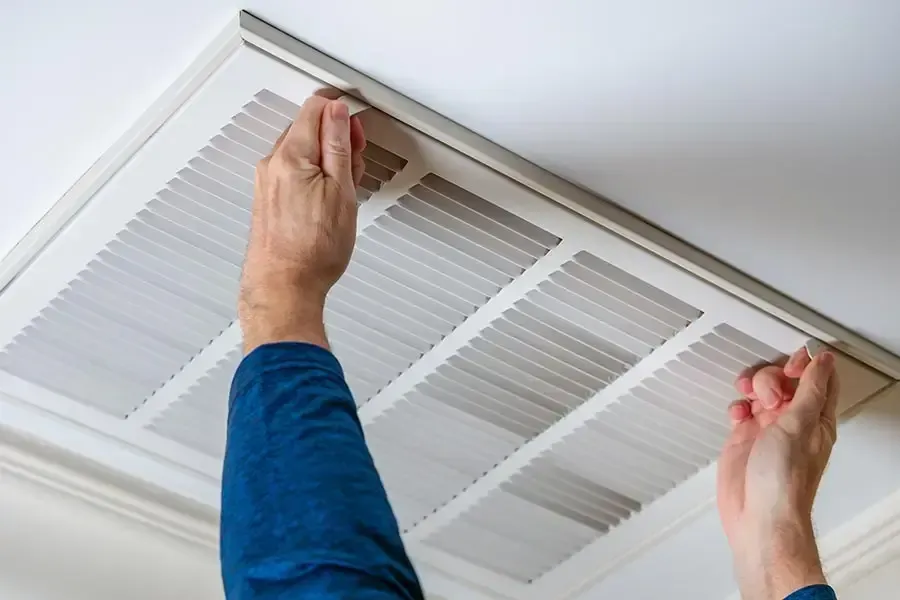How To Deal With AC Sensor Problems in Three Forks, MT
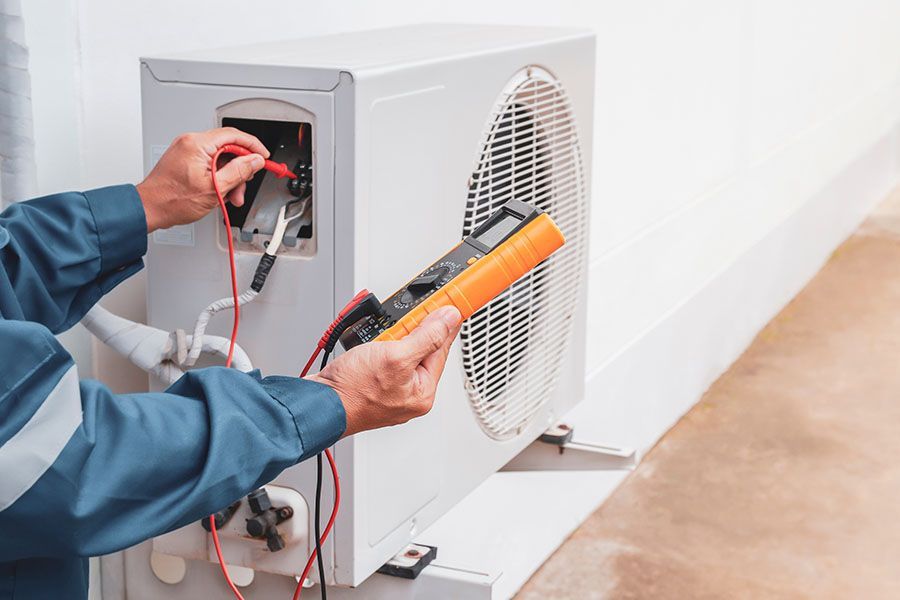
In July 2024, Montana faced a brutal heat wave that shattered a 96-year-old temperature record. Three Forks hit 103 degrees, breaking the previous high of 102 set back in 1929.
Living in Montana means you need to stay ready for brutal heat in the summer, sub-zero temperatures in the winter, and everything in between.
If you’re facing an AC sensor problem, your HVAC system won’t know when to heat or cool your home and you’ll be forced to face Montana’s unpredictable weather without any control over your indoor comfort and safety.
In this blog post, we’ll go over what you should do when you discover an AC sensor problem in your home and why you should trust Premier Systems for the best AC maintenance in Three Forks, MT.
What an AC Sensor Does and Why It Matters
The AC sensor sits near the evaporator coil and measures the temperature of the air moving through your system. It sends that information to the control board, which tells your air conditioner when to turn on and when to shut off. If the sensor gives incorrect readings, the system may run too long or shut off too soon.
These kinds of AC sensor sensitivity issues make it harder to keep your home comfortable and often lead to higher energy bills. A properly working sensor helps your system cool your home efficiently without wasting energy or overworking the equipment.
Signs Your AC Sensor Is Failing or Has Already Failed
If you notice any of these faulty AC sensor symptoms, contact the professionals at Premier Systems immediately:
- Your home feels too warm or too cold even when the thermostat is set correctly.
- The system turns on and off repeatedly without fully cooling the space.
- You hear clicking or buzzing near the indoor unit.
If you ignore these faulty AC sensor problems, the system will overwork itself, use more electricity, and wear out parts like the compressor or fan motor.
What Causes AC Sensor Issues in Three Forks, MT?
Several common problems cause AC sensors to lose accuracy or stop working altogether. Review these common causes for accurate AC sensor troubleshooting:
Poor placement leads the system to misread the temperature. When the sensor sits too close to a supply vent, a window or any source of heat, it picks up the wrong reading and sends inaccurate data to the control board. The system then starts cooling at the wrong times.
Dirt, dust or corrosion on the sensor blocks the signal and disrupts its performance. Loose or damaged wires break the connection between the sensor and the rest of the system. Over time, normal wear weakens the sensor’s response to temperature changes.
These AC sensor sensitivity issues throw off the cooling cycle and force the system to run longer, cycle too fast or stay off when your house needs cool air.
Easy DIY Fixes for AC Sensor Problems
Start with the thermostat: Make sure it sits away from sunlight, ceiling vents, and heat-producing appliances like ovens or lamps. If the placement looks fine, reset the system. Shut off power to your AC at the breaker, wait five minutes, then turn it back on.
Next, open the access panel on your indoor unit and find the sensor mounted near the evaporator coil. Look for any dust buildup, corrosion or bent parts. If the sensor sits too far from the coil or has moved out of place, gently bend the bracket to move it back. Use a soft cloth to wipe away any visible dirt or debris.
When It’s Time To Call In the Pros at Premier Systems
If your system won’t stop short cycling, shuts off too early, or runs constantly without cooling your home, it’s time to get a technician involved.
HVAC professionals will safely replace damaged sensors, recalibrate thermostats and run electrical tests to find deeper faults in the system. They diagnose control board failures, fix loose wiring, and handle AC sensor error codes that call for a full AC sensor calibration.
The Smartest Way To Handle AC Sensor Problems in Three Forks, MT
When you pair Montana’s unpredictable weather with an AC sensor problem, you get inconsistent indoor temperatures that leave your home too hot or too cold at the worst times. Dirt and debris often cause these issues, especially in excessively dirty systems. We covered this in one of our recent blogs that addresses the importance of AC cleaning.
Premier Systems fixes AC sensor problems before they lead to high energy bills or damaged parts. Contact us today to schedule service.

